Professor of Dialogue Philosophy Lan Jiang: It’s not that games are like life, but that life is more and more like a game.
Editor’s note: This article comes from the WeChat public account “Tengyun” (ID: tenyun700) , author : Lan Jiang, professor of the philosophy department of Nanjing University; released with permission.

In the past month, a group of people may have suddenly appeared in your circle of friends: they usually rarely play games, but Suddenly started the Switch, crazy screenshots of the game, and sent you an invitation. “Assembly!” “Animal Forest Friends” is on fire.
This game has the same time system as the real world. Starting from a small island of your own, you can fish, catch bugs, pick fruits, repair houses, design clothes, or fly to a friend ’s island to help And trick or treat. The atmosphere of the whole game is relaxed and the degree of freedom is extremely high. Many people realized for the first time that the game could still look like this.
Why do people work so hard in the virtual space? Knowing it is a game, why are people still moved by the virtual “beauty”?
We chatted with Lan Jiang, a professor in the philosophy department of Nanjing University. About the relationship between virtual space and real space, about games, new technologies and the future of humanity.
Our first question is: why do philosophy professors study games?
I study French contemporary philosophy.
French philosophy has a great feature. It pays close attention to the actual life around it, rather than talking about abstract concepts without the structure of life. This is an important difference between French philosophy and German philosophy. Therefore, French philosophy sinks, it sinks into drama, film, and literature.
For example, Sartre is both a philosopher and a literary and playwright; French philosopher Deleuze has also written a two-volume “Movie”. Therefore, the French philosopher has an important point that philosophy must be elucidated through the most important way of life in our lives.
So I faced a problem: if the era of Sartre is the era of printed text, the era of drama; the era of Deleuze is the era of watching movies, and the era of explaining philosophy through movies. So what is our time?
In this era, the vast majority of people born after the 1980s have been exposed to games, experienced games, and even many people have long been accompanied by games. So I have a basic judgment: people’s lifestyle today is closely related to games. I want to propose a new concept: the survival philosophy of the game.
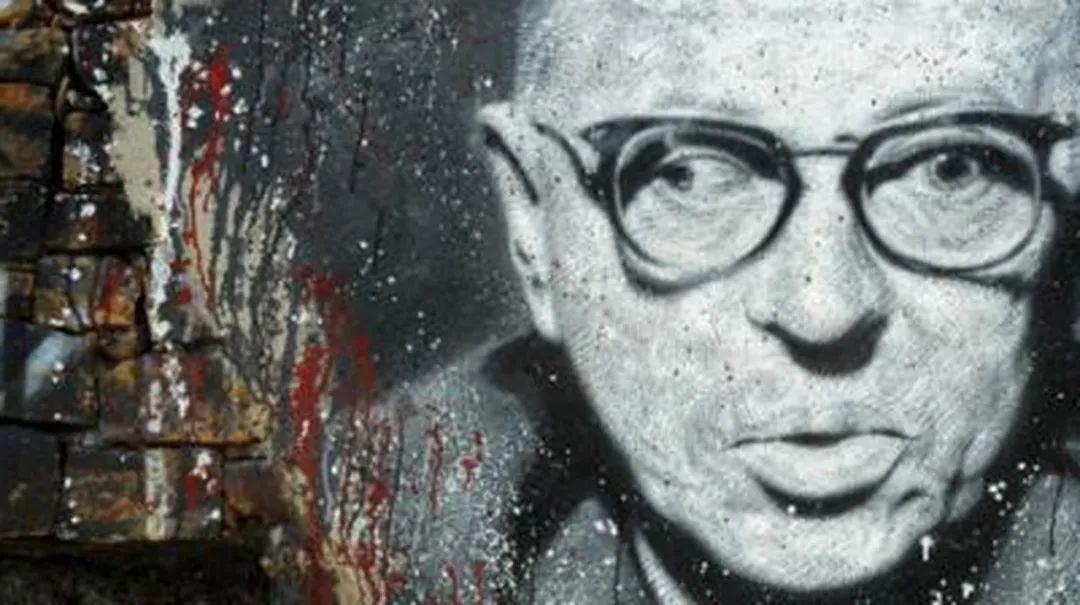
01
▶ Game & Reality, “We and the game are already inseparable”
I started playing games at the undergraduate level, and I was thinking at that time whether there could be a philosophy of games. But at that time, the main games were “Red Alert”, “Warcraft” and other early games, and today’s game experience can not be compared.
The game has now become a unique form. Our way of survival has also been closely related to games, and our world is inseparable from games.
Not just life, many literary works and film and television works now bear traces of games. For those born in the 1950s and 1960s, they learned “Journey to the West” through text; for the post-70s and 80s, they learned the “Journey to the West” through the 86 edition of “Journey to the West”. Today’s children rarely go to TV or the original novel anymore. They learn “Journey to the West” through games.

In the printing age, We only have a pure textual vision. Humans need to add their own thinking to grasp the content; in the movie era, we have a full range of experiences such as images and sounds. The game itself is immersive. A game character does not have vitality itself, but when we enter the game, this character has vitality. I call this a temporary experience, and the main feature of the game is precisely this temporary experience. So, novels and movies still exist, but they are no longer the main way young people perceive the world.
The game reconstructs the way young generations understand the world, and determines that the way young generations view the world will be different from those who grew up watching novels, watching TV, and watching movies. With the popularity of game culture, people oftenI will sigh that the game has become more and more like life.
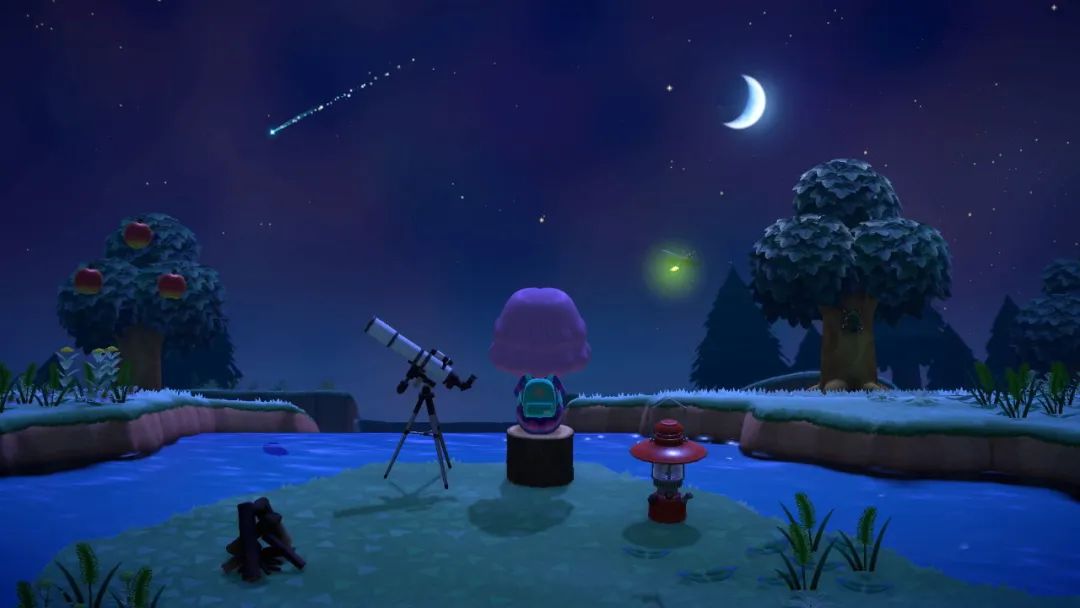
Not that games are more and more like life, and life is more and more like a game.
Our vision of the real world and the game world is constantly adjusting and affecting each other. We are not purely adapted to which world, they have a tension relationship. I can use my example of children ’s education.
I have noticed that when I motivate my children, I will adopt the “accumulate experience points” and “upgrades” in the game, which will also make him excited and motivated; Exploring the unknown world in open-world games, my child I discovered will also explore the unknown in the real world. He will deliberately “build” outdoor stones and wood into tools, and then make a toolbox for himself. I think this is a good opportunity.
A game can shape people of an era. Our world view will change with the game’s world view, and we can easily embezzle the game’s world view and values to the real world.
![Knowing that]()
▶ In the future, will the real world be “destroyed”?
There is a sound that the digital world, including the game world, has made humans farther and farther away from nature. Is it really?
In my philosophy, there is no such thing as “closeness to nature”. All nature is the product of the transformation of human industrial civilization.
Our so-called parks and scenic spots are all modern industrial products, not the original nature. And the original nature is very few people are willing to go, such as the Amazon jungle. Today, people like to go to nature, which has been artificially transformed.
In addition, people often say “nature” is “petty bourgeoisie”.
Modernist literature, especially the rise of romantic literature, has given nature a special meaning. In this case, the closeness to nature that they had imagined was actually a product of both modern industrial civilization and modern industrial literature.
In this way, today’s games will reshape another nature just like human industrial civilization. In this era, there is a summary and explanation of this era.
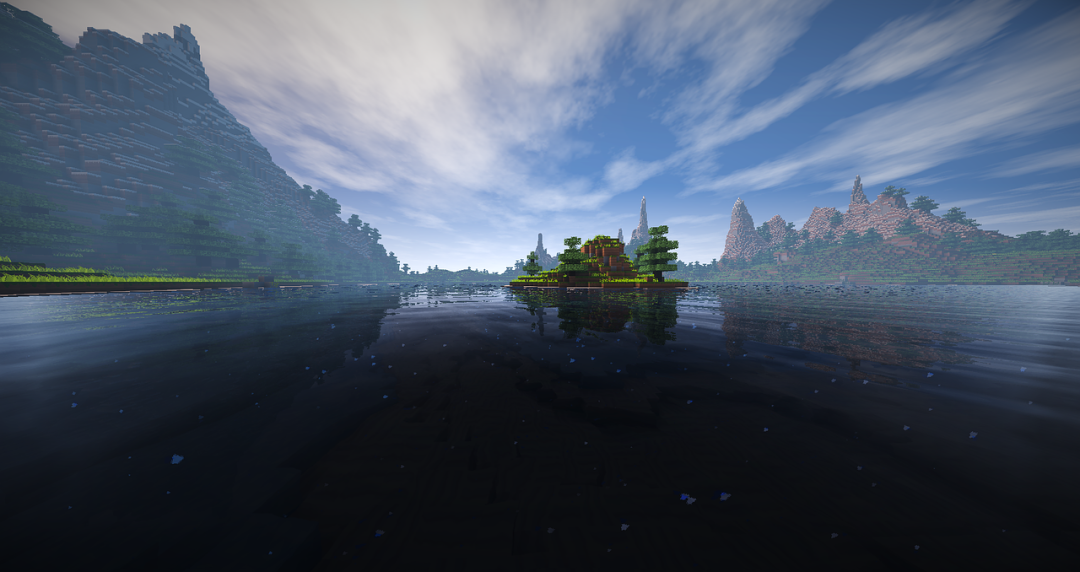
I also disagree with the concept of immutable people.
The concept of people is never fixed. Man is a face in the beach, a wave hits, everything disappears. What disappears is not the person itself, but the generalization and concept of the person.
Take artificial intelligence as an example. There are two trends in the development of artificial intelligence, one is an agent independent of human beings, and the other is the transformation of humans and the integration of humans and machines, that is, intelligence enhancement. So, in the latter case, is such a “person” still a person? Traditional anthropologists have faced such problems.
On the other hand, today’s people are also industrialized products-from the age of playing vaccines, nutrients, and eating various medicines, our bodies have long been shaped by the biological sciences. Many data can prove that today’s humans have been transformed in terms of height, appearance, intelligence level, and physical strength level. For example, the average height of human beings is a few centimeters higher than in the late Qing Dynasty. We are already enhanced people.
Are we “people”? Of course we can still be human. But the concept of human beings should be expanded, and we cannot stop at the traditional definition of human beings.
I think the integration of people and technology should be allowed, and the concept of people should be allowed to integrate with games, big data, artificial intelligence, etc. In the future, there may be no difference between humans and non-humans, but only between agents and non-agents. I watched the third season of “Western World”. There is a metaphor in it: Virtuality and reality are not separated. Even if humans in the virtual world reach the real world, they may find that the real world is just a larger virtual world.
There is no boundary between the real world and the virtual world. This may be the future trend. But it is still too early to make this conclusion. Reality will fuse, and this fusion is not “the end of the world is coming.”
If people can adaptIs it possible to combine the virtual and the real?
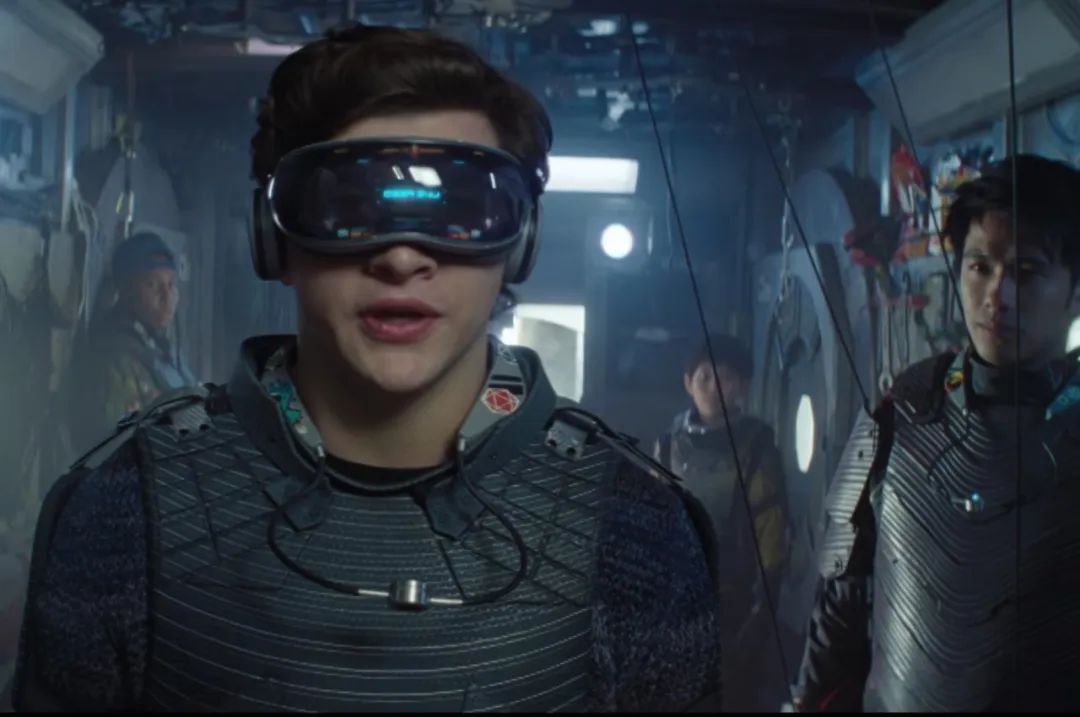
▶ “I am against blindly stigmatizing the future”
I understand those criticisms of technology, and I agree with the existence of critical voices. But more importantly, we need to balance the sounds. Both a pessimistic voice and an optimistic voice must be promoted, and this balance must be promoted.
The future is unpredictable, and people are always worried about technological progress.
When we predict the future, it always needs a starting point. If we take the game as a starting point, is its existence good or bad for people today? This is my current level of knowledge that cannot be measured—are we better or worse now than in the past?
In the 18th and 19th centuries, British writers’ concerns about industrialization are the same as ours today about artificial intelligence.
When Pasteur invented the vaccine, the British media said that he injected a mess of “non-human” things into the human body, turning the human body into a monster. Do n’t forget that such comments existed.
Artificial intelligence may of course destroy humanity today. This possibility certainly exists, but such a simple judgment cannot be made. We must make it to the starting point before we can make an effective judgment. I am just against stigmatizing the future.

04
▶ “We have n’t really regarded the game as culture”
Games are not movies, and games are not literature. It is a self-contained game culture.
I support vigorously promoting the construction of game culture. At this point, China should not lag behind other countries. For the government, I support continuing to promote the development of the game industry; secondly, on the ethical level, we encourage more people-especially adults, to look at games as a game culture and do not simply exclude or reject them.
I remember watching TV series when I was a kid, such as watching martial arts movies such as “The Legend of the Condor Heroes.” My parents always intervened, thinking that I would “fight, kill, kill” as I did in martial arts movies, and learn violent plots, and even later Will be like a robber. This is a problem that exists in every generation-we always look at the problem of “this era” from the perspective of “that era”. Without changing this concept, it is difficult for China’s game culture to be promoted well.
Since this, it will cause a problem: the voice of the next generation is suppressed, and it is difficult to be released. For example, I observed that my children actually formed their own opinions and opinions during the game. Another example is that he will see some ancient Greek myths and literary masterpieces in the process of playing games. He will take the initiative to read the materials. Similar behaviors, we should encourage them.
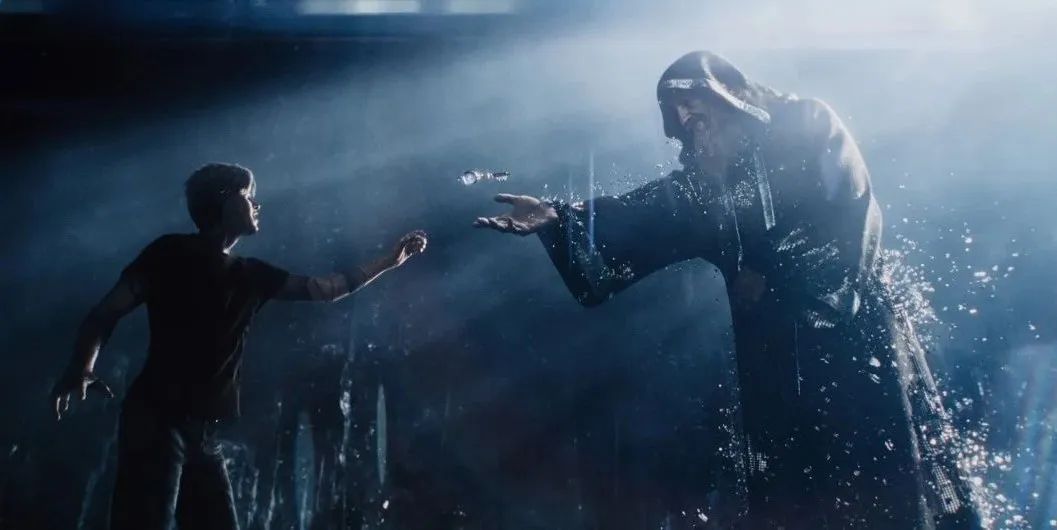
▶ What is a good game? How is video games different from other games?
Ancient games and modern games are definitely related, but we must also see their differences.
Ancient games are elitist and aristocratic, such as polo, which represents a noble taste; for example, Cuju in the Song Dynasty, people formed a political character in the process of the game. Generally speaking, folk children are not qualified to play this kind of game. So most games were a privilege in ancient times and were “games for a few people”. And video games are completely popular, and people can participate in it widely and universally.
A game that can inspire people and allow them to actively explore is a good game. For example, open-world games allow people to explore the world to the maximum. Of course, it is also good to integrate culture and history into the game.
Next is a game that can find a balance between games, novels, and movies.
From my experience, for games adapted from movies and novels, a good adaptation is not 100% loyal to the original, but a “hands-on”. When players enter it, they will feel that the game is very good. For me, the environment of this game and I blended in very harmoniously, not that we were restoring the original.
There are many works, I think it is more suitable to exist in the form of games, such as “Twelve Hours of Chang’an”. The TV series adaptation has achieved a stronger visual effect, and the original author Ma Boyong also admitted that the adaptation is more clever than the original. However, assuming that such works are born in the form of games, chasing fights and revealing clues, players can experience the greatest pleasure in this process. There are clues that are in line with the original, but also give players a “hands on”. The fusion of the two may be the most important criterion for the adapted game.
I started playing games at the undergraduate level, and I was thinking at that time whether there could be a philosophy of games. But at that time, the main games were “Red Alert”, “Warcraft” and other early games, and today’s game experience can not be compared.
The game has now become a unique form. Our way of survival has also been closely related to games, and our world is inseparable from games.
Not just life, many literary works and film and television works now bear traces of games. For those born in the 1950s and 1960s, they learned “Journey to the West” through text; for the post-70s and 80s, they learned the “Journey to the West” through the 86 edition of “Journey to the West”. Today’s children rarely go to TV or the original novel anymore. They learn “Journey to the West” through games.

In the printing age, We only have a pure textual vision. Humans need to add their own thinking to grasp the content; in the movie era, we have a full range of experiences such as images and sounds. The game itself is immersive. A game character does not have vitality itself, but when we enter the game, this character has vitality. I call this a temporary experience, and the main feature of the game is precisely this temporary experience. So, novels and movies still exist, but they are no longer the main way young people perceive the world.
The game reconstructs the way young generations understand the world, and determines that the way young generations view the world will be different from those who grew up watching novels, watching TV, and watching movies. With the popularity of game culture, people oftenI will sigh that the game has become more and more like life.

Not that games are more and more like life, and life is more and more like a game.
Our vision of the real world and the game world is constantly adjusting and affecting each other. We are not purely adapted to which world, they have a tension relationship. I can use my example of children ’s education.
I have noticed that when I motivate my children, I will adopt the “accumulate experience points” and “upgrades” in the game, which will also make him excited and motivated; Exploring the unknown world in open-world games, my child I discovered will also explore the unknown in the real world. He will deliberately “build” outdoor stones and wood into tools, and then make a toolbox for himself. I think this is a good opportunity.
A game can shape people of an era. Our world view will change with the game’s world view, and we can easily embezzle the game’s world view and values to the real world.
▶ In the future, will the real world be “destroyed”?
There is a sound that the digital world, including the game world, has made humans farther and farther away from nature. Is it really?
In my philosophy, there is no such thing as “closeness to nature”. All nature is the product of the transformation of human industrial civilization.
Our so-called parks and scenic spots are all modern industrial products, not the original nature. And the original nature is very few people are willing to go, such as the Amazon jungle. Today, people like to go to nature, which has been artificially transformed.
In addition, people often say “nature” is “petty bourgeoisie”.
Modernist literature, especially the rise of romantic literature, has given nature a special meaning. In this case, the closeness to nature that they had imagined was actually a product of both modern industrial civilization and modern industrial literature.
In this way, today’s games will reshape another nature just like human industrial civilization. In this era, there is a summary and explanation of this era.

I also disagree with the concept of immutable people.
The concept of people is never fixed. Man is a face in the beach, a wave hits, everything disappears. What disappears is not the person itself, but the generalization and concept of the person.
Take artificial intelligence as an example. There are two trends in the development of artificial intelligence, one is an agent independent of human beings, and the other is the transformation of humans and the integration of humans and machines, that is, intelligence enhancement. So, in the latter case, is such a “person” still a person? Traditional anthropologists have faced such problems.
On the other hand, today’s people are also industrialized products-from the age of playing vaccines, nutrients, and eating various medicines, our bodies have long been shaped by the biological sciences. Many data can prove that today’s humans have been transformed in terms of height, appearance, intelligence level, and physical strength level. For example, the average height of human beings is a few centimeters higher than in the late Qing Dynasty. We are already enhanced people.
Are we “people”? Of course we can still be human. But the concept of human beings should be expanded, and we cannot stop at the traditional definition of human beings.
I think the integration of people and technology should be allowed, and the concept of people should be allowed to integrate with games, big data, artificial intelligence, etc. In the future, there may be no difference between humans and non-humans, but only between agents and non-agents. I watched the third season of “Western World”. There is a metaphor in it: Virtuality and reality are not separated. Even if humans in the virtual world reach the real world, they may find that the real world is just a larger virtual world.
There is no boundary between the real world and the virtual world. This may be the future trend. But it is still too early to make this conclusion. Reality will fuse, and this fusion is not “the end of the world is coming.”
If people can adaptIs it possible to combine the virtual and the real?

▶ “I am against blindly stigmatizing the future”
I understand those criticisms of technology, and I agree with the existence of critical voices. But more importantly, we need to balance the sounds. Both a pessimistic voice and an optimistic voice must be promoted, and this balance must be promoted.
The future is unpredictable, and people are always worried about technological progress.
When we predict the future, it always needs a starting point. If we take the game as a starting point, is its existence good or bad for people today? This is my current level of knowledge that cannot be measured—are we better or worse now than in the past?
In the 18th and 19th centuries, British writers’ concerns about industrialization are the same as ours today about artificial intelligence.
When Pasteur invented the vaccine, the British media said that he injected a mess of “non-human” things into the human body, turning the human body into a monster. Do n’t forget that such comments existed.
Artificial intelligence may of course destroy humanity today. This possibility certainly exists, but such a simple judgment cannot be made. We must make it to the starting point before we can make an effective judgment. I am just against stigmatizing the future.

04
▶ “We have n’t really regarded the game as culture”
Games are not movies, and games are not literature. It is a self-contained game culture.
I support vigorously promoting the construction of game culture. At this point, China should not lag behind other countries. For the government, I support continuing to promote the development of the game industry; secondly, on the ethical level, we encourage more people-especially adults, to look at games as a game culture and do not simply exclude or reject them.
I remember watching TV series when I was a kid, such as watching martial arts movies such as “The Legend of the Condor Heroes.” My parents always intervened, thinking that I would “fight, kill, kill” as I did in martial arts movies, and learn violent plots, and even later Will be like a robber. This is a problem that exists in every generation-we always look at the problem of “this era” from the perspective of “that era”. Without changing this concept, it is difficult for China’s game culture to be promoted well.
Since this, it will cause a problem: the voice of the next generation is suppressed, and it is difficult to be released. For example, I observed that my children actually formed their own opinions and opinions during the game. Another example is that he will see some ancient Greek myths and literary masterpieces in the process of playing games. He will take the initiative to read the materials. Similar behaviors, we should encourage them.

▶ What is a good game? How is video games different from other games?
Ancient games and modern games are definitely related, but we must also see their differences.
Ancient games are elitist and aristocratic, such as polo, which represents a noble taste; for example, Cuju in the Song Dynasty, people formed a political character in the process of the game. Generally speaking, folk children are not qualified to play this kind of game. So most games were a privilege in ancient times and were “games for a few people”. And video games are completely popular, and people can participate in it widely and universally.
A game that can inspire people and allow them to actively explore is a good game. For example, open-world games allow people to explore the world to the maximum. Of course, it is also good to integrate culture and history into the game.
Next is a game that can find a balance between games, novels, and movies.
From my experience, for games adapted from movies and novels, a good adaptation is not 100% loyal to the original, but a “hands-on”. When players enter it, they will feel that the game is very good. For me, the environment of this game and I blended in very harmoniously, not that we were restoring the original.
There are many works, I think it is more suitable to exist in the form of games, such as “Twelve Hours of Chang’an”. The TV series adaptation has achieved a stronger visual effect, and the original author Ma Boyong also admitted that the adaptation is more clever than the original. However, assuming that such works are born in the form of games, chasing fights and revealing clues, players can experience the greatest pleasure in this process. There are clues that are in line with the original, but also give players a “hands on”. The fusion of the two may be the most important criterion for the adapted game.


I understand those criticisms of technology, and I agree with the existence of critical voices. But more importantly, we need to balance the sounds. Both a pessimistic voice and an optimistic voice must be promoted, and this balance must be promoted.
The future is unpredictable, and people are always worried about technological progress.
When we predict the future, it always needs a starting point. If we take the game as a starting point, is its existence good or bad for people today? This is my current level of knowledge that cannot be measured—are we better or worse now than in the past?
In the 18th and 19th centuries, British writers’ concerns about industrialization are the same as ours today about artificial intelligence.
When Pasteur invented the vaccine, the British media said that he injected a mess of “non-human” things into the human body, turning the human body into a monster. Do n’t forget that such comments existed.
Artificial intelligence may of course destroy humanity today. This possibility certainly exists, but such a simple judgment cannot be made. We must make it to the starting point before we can make an effective judgment. I am just against stigmatizing the future.

04
▶ “We have n’t really regarded the game as culture”
Games are not movies, and games are not literature. It is a self-contained game culture.
I support vigorously promoting the construction of game culture. At this point, China should not lag behind other countries. For the government, I support continuing to promote the development of the game industry; secondly, on the ethical level, we encourage more people-especially adults, to look at games as a game culture and do not simply exclude or reject them.
I remember watching TV series when I was a kid, such as watching martial arts movies such as “The Legend of the Condor Heroes.” My parents always intervened, thinking that I would “fight, kill, kill” as I did in martial arts movies, and learn violent plots, and even later Will be like a robber. This is a problem that exists in every generation-we always look at the problem of “this era” from the perspective of “that era”. Without changing this concept, it is difficult for China’s game culture to be promoted well.
Since this, it will cause a problem: the voice of the next generation is suppressed, and it is difficult to be released. For example, I observed that my children actually formed their own opinions and opinions during the game. Another example is that he will see some ancient Greek myths and literary masterpieces in the process of playing games. He will take the initiative to read the materials. Similar behaviors, we should encourage them.

▶ What is a good game? How is video games different from other games?
Ancient games and modern games are definitely related, but we must also see their differences.
Ancient games are elitist and aristocratic, such as polo, which represents a noble taste; for example, Cuju in the Song Dynasty, people formed a political character in the process of the game. Generally speaking, folk children are not qualified to play this kind of game. So most games were a privilege in ancient times and were “games for a few people”. And video games are completely popular, and people can participate in it widely and universally.
A game that can inspire people and allow them to actively explore is a good game. For example, open-world games allow people to explore the world to the maximum. Of course, it is also good to integrate culture and history into the game.
Next is a game that can find a balance between games, novels, and movies.
From my experience, for games adapted from movies and novels, a good adaptation is not 100% loyal to the original, but a “hands-on”. When players enter it, they will feel that the game is very good. For me, the environment of this game and I blended in very harmoniously, not that we were restoring the original.
There are many works, I think it is more suitable to exist in the form of games, such as “Twelve Hours of Chang’an”. The TV series adaptation has achieved a stronger visual effect, and the original author Ma Boyong also admitted that the adaptation is more clever than the original. However, assuming that such works are born in the form of games, chasing fights and revealing clues, players can experience the greatest pleasure in this process. There are clues that are in line with the original, but also give players a “hands on”. The fusion of the two may be the most important criterion for the adapted game.
Games are not movies, and games are not literature. It is a self-contained game culture.
I support vigorously promoting the construction of game culture. At this point, China should not lag behind other countries. For the government, I support continuing to promote the development of the game industry; secondly, on the ethical level, we encourage more people-especially adults, to look at games as a game culture and do not simply exclude or reject them.
I remember watching TV series when I was a kid, such as watching martial arts movies such as “The Legend of the Condor Heroes.” My parents always intervened, thinking that I would “fight, kill, kill” as I did in martial arts movies, and learn violent plots, and even later Will be like a robber. This is a problem that exists in every generation-we always look at the problem of “this era” from the perspective of “that era”. Without changing this concept, it is difficult for China’s game culture to be promoted well.
Since this, it will cause a problem: the voice of the next generation is suppressed, and it is difficult to be released. For example, I observed that my children actually formed their own opinions and opinions during the game. Another example is that he will see some ancient Greek myths and literary masterpieces in the process of playing games. He will take the initiative to read the materials. Similar behaviors, we should encourage them.
